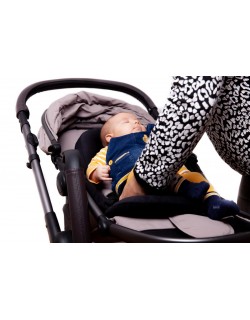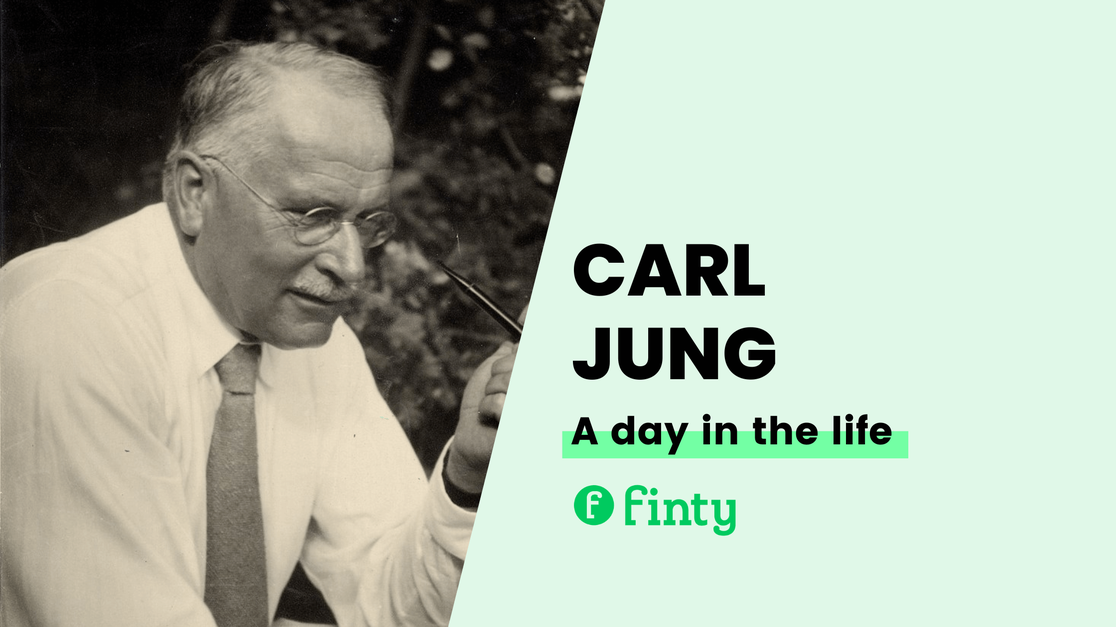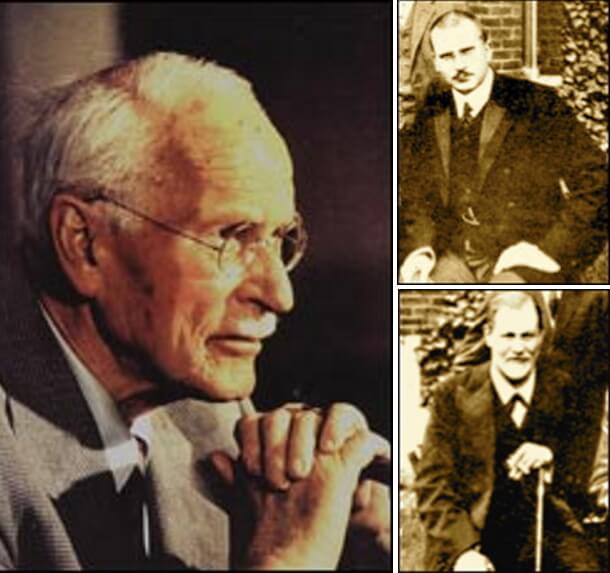Carl Jung Biography, Archetypes, Books, Collective Unconscious
4.7 (479) · € 9.00 · En stock
Carl Jung, Swiss psychologist and psychiatrist who founded analytic psychology. Jung developed the concepts of the extraverted and the introverted personality, archetypes, and the collective unconscious. His work has been influential in psychiatry and in the study of religion, literature, and related fields.
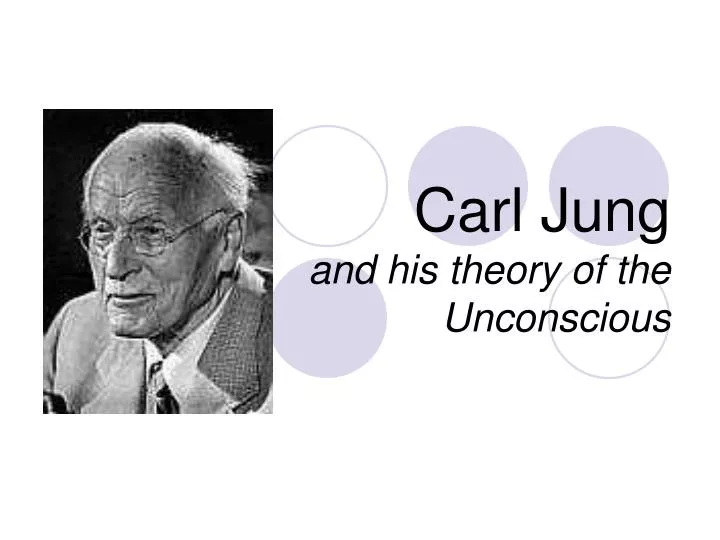
PPT - Carl Jung and his theory of the Unconscious PowerPoint Presentation - ID:3121291
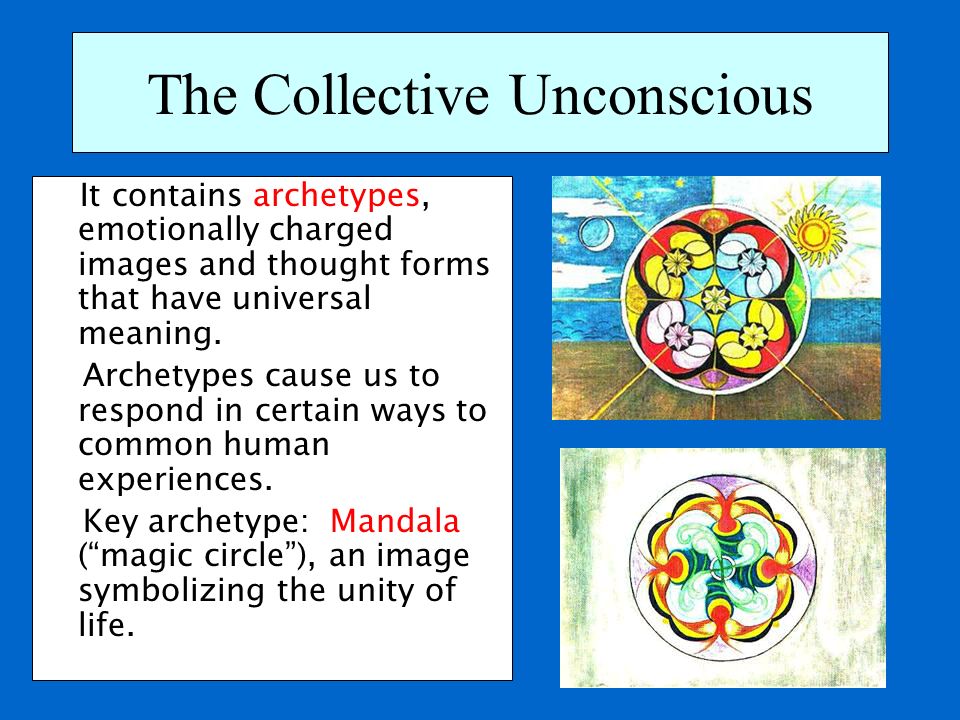
Carl Jung 3 Levels of Consciousness: - ppt video online download

Carl Jung, Biography, Archetypes, Books, Collective Unconscious, & Theory

Carl Gustav Jung Biography, PDF, Carl Jung
The Collective Unconscious in the Age of Neuroscience brings the connection between C. G. Jung's theory of a collective unconscious, neuroscience, and personal experiences of severe mental illness to life. Hallie B. Durchslag uses narrative analysis to examine four autobiographical accounts of mental illness, including her own, and illuminate the interplay between psychic material and human physiology that Jung intuited to exist.

The Collective Unconscious in the Age of Neuroscience: Severe Mental Illness and Jung in the 21st Century [Book]

Vanderbilt Fine Arts Gallery delves into 'Symbols and Archetypes
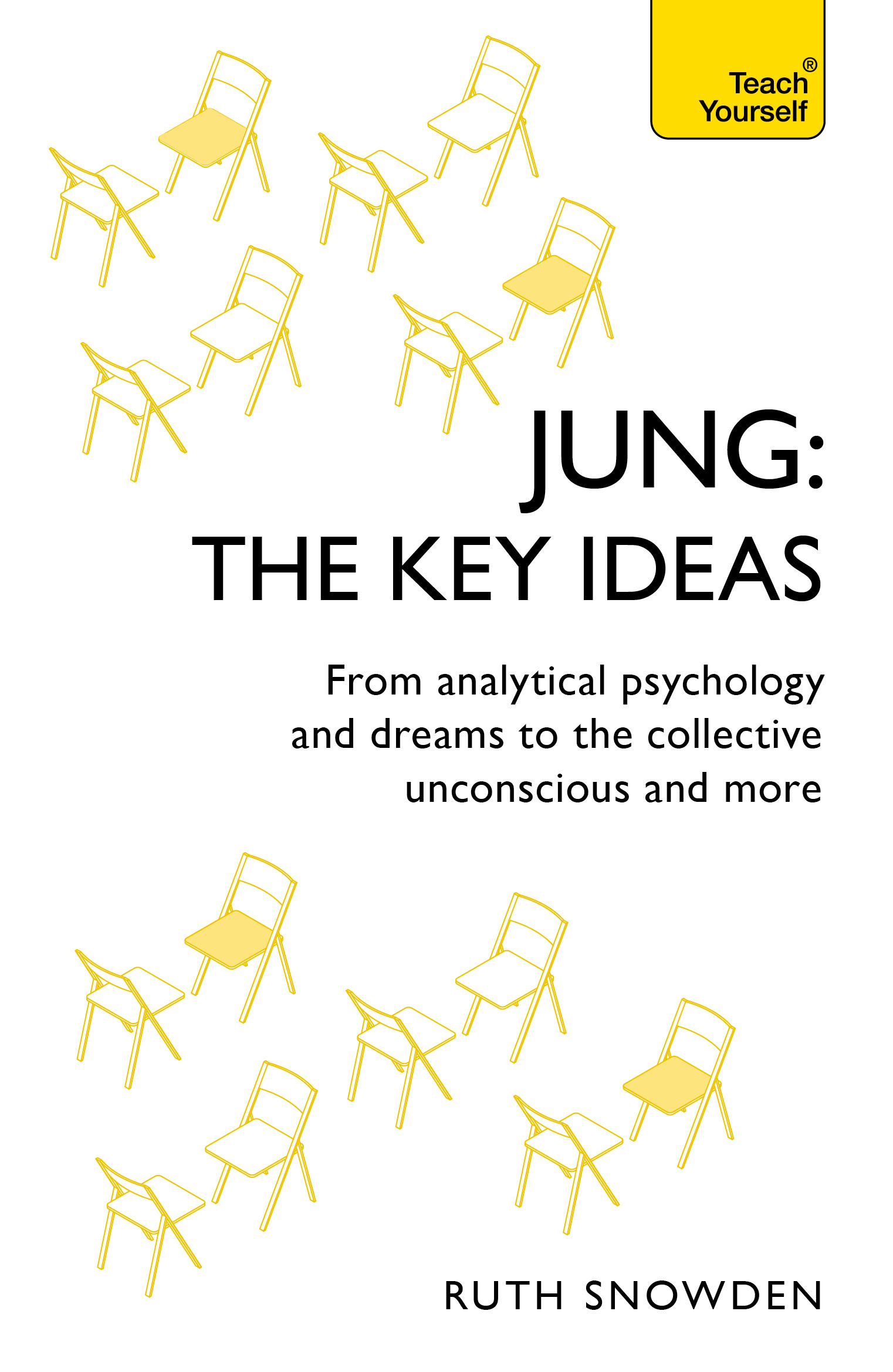
Jung: The Key Ideas: From analytical psychology and dreams to the collective unconscious and more by Ruth Snowden - Books - Hachette Australia

Carl Jung: Biography, Analytical Psychologist

The Archetypes and the Collective Unconscious by Carl Jung - Audiobook

Carl Jung: Founder of Analytical Psychology and Originator of Key Psychological Concepts, PDF, Object Relations Theory

I'm new to Jung. Which of these should I start with? (After I finish reading Ars Nova) : r/Jung

Carl Jung: Wounded Healer of the Soul: An Illustrated Biography by Claire Dunne

Carl Jung: Wounded Healer of the Soul An Illustrated Biography by Dunne, Clare; Introduction by Jean Houston: Fine Hardcover (2000) 1st Edition
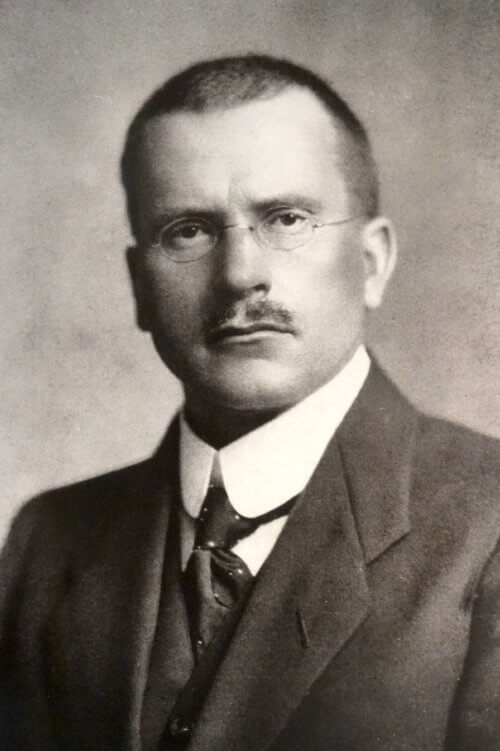
Carl Jung: Biography and Theories - Explore Psychology

